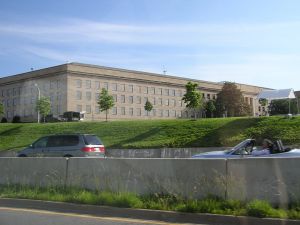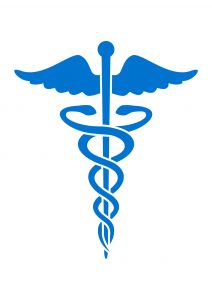As a leading purchaser of both goods and services, the United States government is a powerful commercial entity. The government has chosen to help minority- and women-owned businesses by giving them certain contracting preferences. Like the health care and defense contracting arenas, dishonest individuals and companies, including those in the transportation field, abuse these preference programs for their own profit. As with other forms of fraud on the government, fraud in disadvantaged business enterprise programs is often discovered by private individuals. Our whistleblowers’ law firm in Northern California is proud to partner with and protect the interests of these private individuals as they pursue those who defraud the government and, ultimately, all of its citizens.
A Quick Look at DBE Preference Programs
 The government supports a number of programs designed to help what are collectively known as “disadvantaged business enterprises” (“DBE”s). By way of example, the Department of Transportation (“DOT”) Fact Sheet explains that for 20-plus years the DOT has had “a policy of helping small businesses owned and controlled by socially and economically disadvantaged individuals, including minorities and women, in participating in contracting opportunities created by DOT financial assistance programs.” All agencies that receive DOT funding, particularly state and local transportation agencies, must set goals for the percentage of DBEs that it will hire and certify that these companies comply with DBE eligibility rules. The DOT itself must, by statute, ensure a minimum of 10% of transit funds go to DBEs. Similar programs exist in other Departments.
The government supports a number of programs designed to help what are collectively known as “disadvantaged business enterprises” (“DBE”s). By way of example, the Department of Transportation (“DOT”) Fact Sheet explains that for 20-plus years the DOT has had “a policy of helping small businesses owned and controlled by socially and economically disadvantaged individuals, including minorities and women, in participating in contracting opportunities created by DOT financial assistance programs.” All agencies that receive DOT funding, particularly state and local transportation agencies, must set goals for the percentage of DBEs that it will hire and certify that these companies comply with DBE eligibility rules. The DOT itself must, by statute, ensure a minimum of 10% of transit funds go to DBEs. Similar programs exist in other Departments.
 Healthcare Fraud Lawyer Blog
Healthcare Fraud Lawyer Blog









 Trust is an essential element of good service. This is particularly true in the legal and medical professions, two arenas in which people trust professionals to provide guidance based on the client’s needs rather than placing profits above service. Although they may initially seem like very different practices, our work as a Northern California attorney malpractice law firm and as
Trust is an essential element of good service. This is particularly true in the legal and medical professions, two arenas in which people trust professionals to provide guidance based on the client’s needs rather than placing profits above service. Although they may initially seem like very different practices, our work as a Northern California attorney malpractice law firm and as 